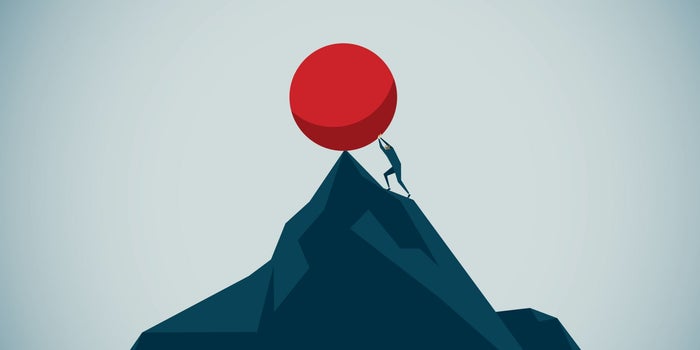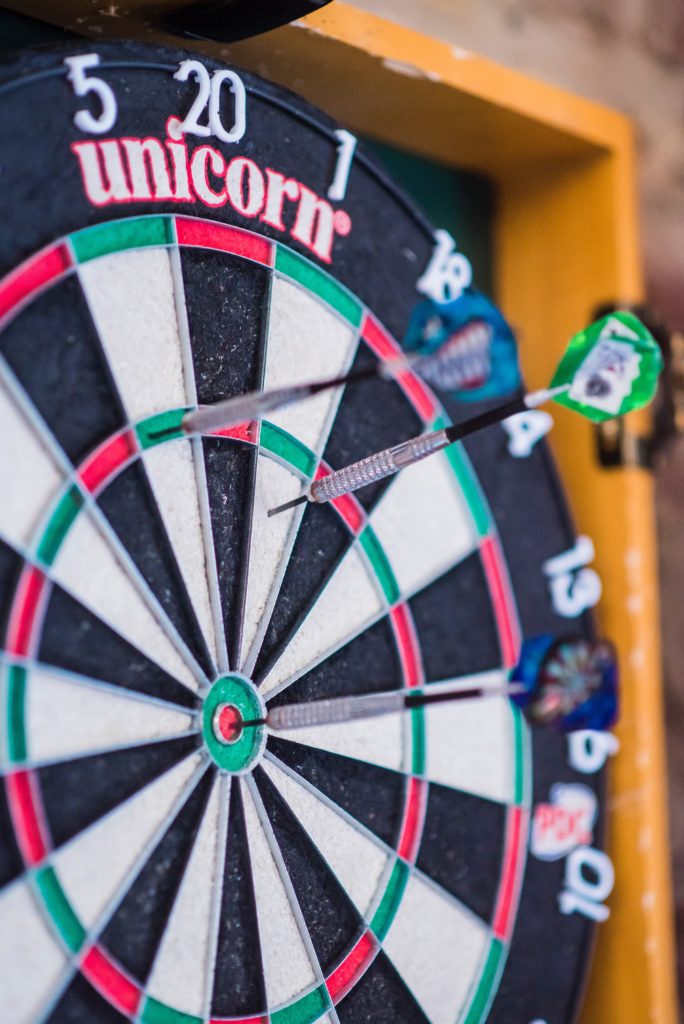
Practicing mindfulness won’t prevent bad things from happening to you. Sorry, but dealing with bad situations is part of life. What mindfulness can offer is a way to strengthen your resilience when dealing with life’s ups and downs.
It is important to remember that we all face setbacks and failures from time to time. It is easy to feel isolated when faced with these situations, but even the most successful person you can bring to mind has dealt with problems.
As musicians we deal with rejection and failure on a consistent basis, so it is easy to imagine how important a strong sense of resilience can be. If you have ever taken a professional audition of any kind, you have an intimate understanding of the benefits of resilience. Without it, we would give up at the first rejection from an orchestra, festival, or college job. You might think building resilience is a difficult task, but mindfulness training can help.
A common instruction in mindfulness meditation is to offer space for the sensations and emotion you feel while meditating, without labeling them as good or bad. We need room to observe an emotion before dealing with it, or as the meditation teacher George Mumford describes it, allowing space between the “stimulus and the response.” This approach is exactly what we need to be resilient in the face of life’s struggles.
When we allows thoughts and emotions to arise during a mediation without forcing them away, we are increasing our ability for resilience. A common experience in meditation is seeing a thought or emotion arise in the mind, and if allowed to, dissipate just as quickly. This only happens if the mind state is one of spaciousness and curiosity. If you observe your reactions to a bad situation in a similar way, you can choose the most helpful response for that moment. But this ability will not be available if the skill has not been developed in “the laboratory” of mindful meditation practices.
In her article on resilience for Mindful, Linda Graham describes the outcome when we have access to this kind of response.
“When the self-regulating capacity of your brain is functioning well, you can inhabit or quickly recover a felt sense of centeredness, ease, and well-being after an upsetting event. You regain your equilibrium. From there you can perceive clearly what’s triggering your emotions and discern what a wise response to those triggers would be.”
This kind of intentional, thoughtful response to life’s stresses is available to all of us. Honing the ability to allow space for our everyday emotional reactions gives us the ability to better deal with the big stuff when it comes along.
There are lots of great guided meditations out there about dealing with difficult or intense emotions. One of my favorite teachers on this topic is Sharon Salzberg, and she has a free meditation on difficult emotions you can find here. Give this a try this week and see if you can start to change your relationship to the emotions you feel.
Works Cited
Graham, Linda. “Train Your Brain to Build Resilience.” Mindful, September 15, 2009. https://www.mindful.org/train-your-brain-to-build-resilience/
